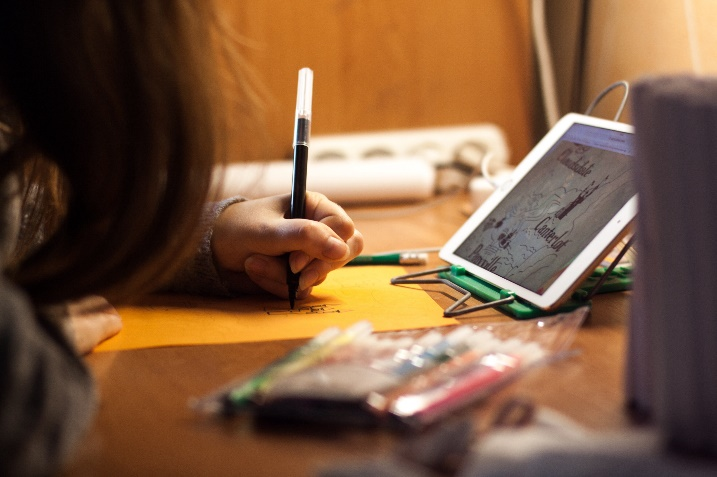Choosing the Right Educational Apps for Pre-school Children

The lockdown imposed across the nation and in most parts of the world caused a closure of physical stores, businesses, and schools. This means that schools have turned to online classes and technology to continue the school curriculum. Parents and children have now turned to learning apps for kids and gadgets even more than they may have before the onset of the pandemic.
For parents with younger learners, touchscreen apps will offer a lot of the services essential for your child’s learning. The many options in the market are one of the reasons parents need to be careful, and filter out the app they want their child to be exposed to. Hundreds of these apps claim to be educational and the next best thing to a teacher your children could have, but are they really?
Studies have shown how truly helpful it is for children up to age 5 to learn with educational touchscreen devices. Children aged four were discovered to develop a stronger vocabulary; learning new words and how to use them from interacting with a touchscreen app for just a few minutes every day.
Games on these touchscreen apps often help children quickly learn new words by presenting bright and attractive images of objects in an isolated manner. Children aged four to five years also displayed increased literacy skills after a ten week period of exposure to literacy-focused apps.
Furthermore, a survey of some of the best apps labeled as educational on the Google playstore led to the discovery that majority of these highly rated apps do not deliver in terms of child education. This is a simple pointer to parents looking for the best apps on Apple, Google and Amazon stores; the best rated does not necessarily mean that they produce high-quality content.
So, since you cannot trust user ratings and popularity, how do you pick out the right educational app for your young learner?
To make your selection easier, we have compiled four research-approved areas to completely assess before choosing an app for your child.
• Learning goal: Before an app should be termed as ‘educational’, it must first possess a clear learning goal for its users. By learning goal, we mean does the app promise to support your child’s early writing skills, vocabulary skills, sound recognition, numbers, and so on.
• Solving problems: Educational apps should help children develop their reasoning skills by setting problems for them to solve. Problems could be as simple as finding a mizzing piece of a puzzle, or completing a number sequence.
• Feedback and Rewards: Children, when they receive rewards for achieving something, generally tend to benefit from this constructive feedback. Learning apps should have an audio message which relays information to children on how they have performed on a task.
• Plotline: You might think that kids are too little to benefit from plotlines, but they will learn better when content is presented to them in an orderly manner, with an attention-holding narrative. Parents who are still unsure of what learning apps are ideal for their young children can use this simple guide to assess whether their children will benefit from the apps of their choice. Parents should not forget that learning apps are not a substitute for interacting with their kids. Children will learn better when there is parental support and involvement.













